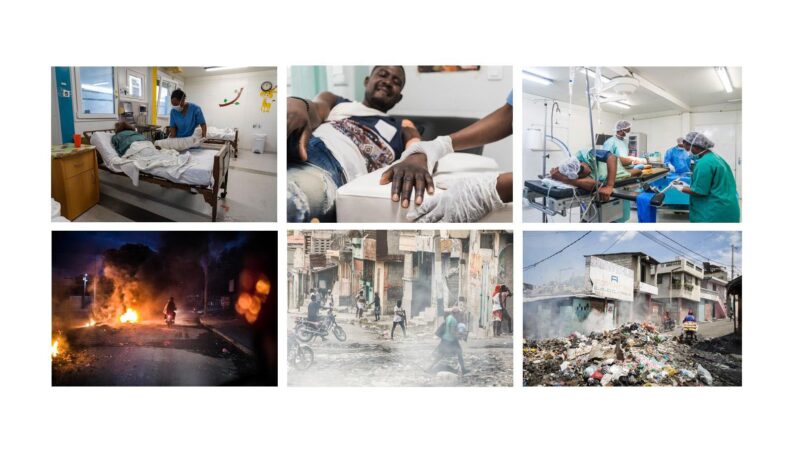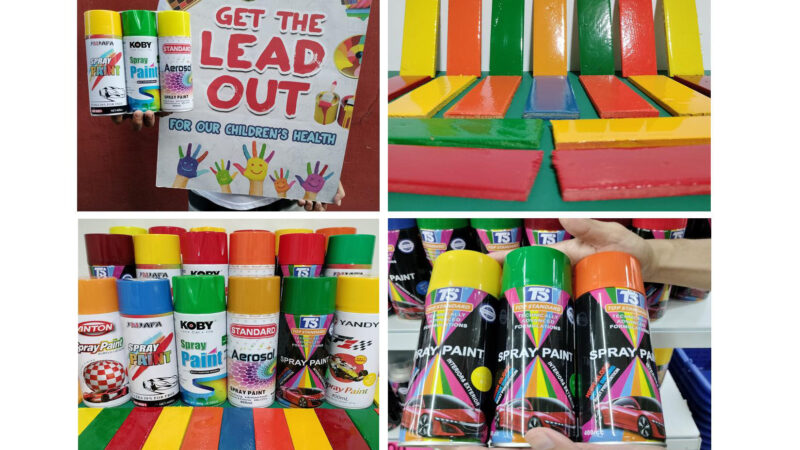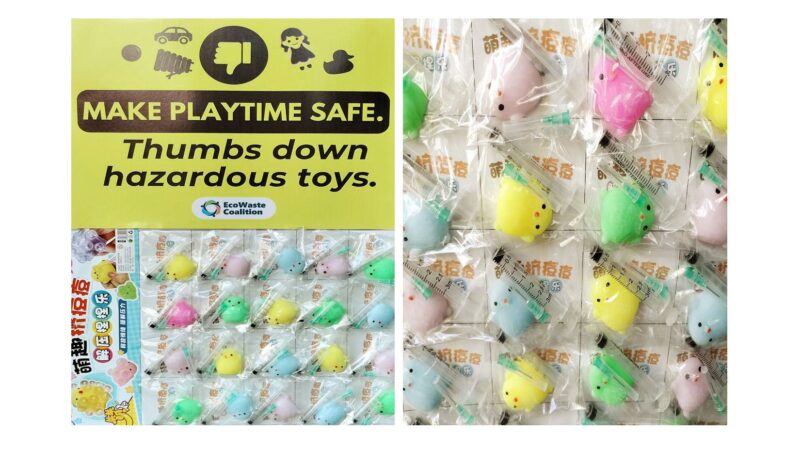Dengue war waged anew in Baguio

The city government waged anew a battle against dengue fever dubbed “denguerra” as a proactive stance against the dreaded disease which normally peaks during summer until the rainy season.
During the Baguio City Anti-Dengue Committee (BCADC) meeting held April 26, Mayor Benjamin Magalong said the city had to begin implementing preventive programs while cases are starting to pick up to prevent the risk of an outbreak like what happened in 2016 where dengue cases were at their highest.
The City Health Services Office led by Acting City Health Officer Dr. Celia Flor Brillantes reported a total of 260 dengue cases in the city from January 1 to April 25 this year. There was one death – a 63-year old male from the Loakan area who died not directly of dengue but of dengue-related causes.
City Epidemiology Surveillance Unit (CESU) Head Dr. Donabel Panes said of the total, only 93 were admitted to the hospital while the rest were outpatients.
The barangays with clustering of cases are Irisan, Aurora Hill Proper (Malvar-Sgt. Floresca), Bakakeng Central and Middle Quirino Hill while the top 12 barangays with most number of cases as of April 19 are Bakakeng Central with 23 cases; Asin Road with 15; San Luis Village, 12; Sto. Rosario Valley, 11; New Lucban, 9; Gibraltar, 8; Camp 7, 7; Bakakeng Norte, Kias, Military Cut off, Pinsao Proper and Middle Quirino Hill with six apiece.
The city’s proactive stance will involve enhancement of case surveillance, 5S anti-dengue public awareness campaign and clean-up drives including the resumption of the “Denguerra – War against Dengue” program, an intensified campaign to mobilize barangays to conduct massive and simultaneous search and destroy operations every Thursday to weed out mosquito breeding sites as well as other interventions to stop the reproduction of dengue-carrying mosquitoes.
To catch all cases, the city also launched an online system of reporting cases to boost surveillance and capture all cases as part of the CHSO’s newly developed monitoring system which, according to Panes, integrates data gathering from health laboratories and citizen self-reporting. Cases may be reported through his link: https://forms.gle/wjoXFyTm6Mw2hrLZ6.
The mayor said the campaign includes the application of the distributed larvicides in the barangays courtesy of Senator Ronald Dela Rosa who donated funds for this purpose and which the city shared with other local government units in the region to ensure the success of the campaign.
“To be successful, the campaign has to be implemented in contiguous areas and so we are sharing the donation with nearby provinces,” he said.
The mayor urged residents to cooperate for their own protection emphasizing the need to constantly rid their homes and environs of mosquito breeding sites by conducting Oplan Taob regularly by doing surveillance or searching for areas like backyards, canals, drums, tires where mosquitoes are active then overturn or spill the stored water where there are observed mosquito larvae or kitikiti and removing containers like cans, bottles and plastics bottles where mosquito can leave and discard or throw away the collected containers in proper disposal sites. – Aileen P. Refuerzo







